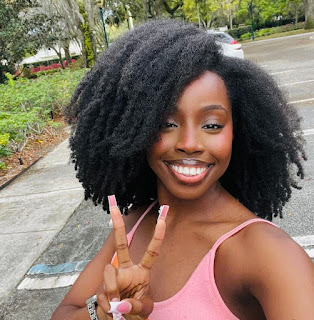What are some good products to use for thinning hair?

Here are some popular products that can help with thinning hair: If you want one on one help with your hair, you can use this link to contact me http://bit.ly/NaturalHairCoach 1. Minoxidil (Rogaine): a topical solution that stimulates hair growth and slows down hair loss. 2. Biotin shampoo and supplements: biotin is a B-complex vitamin that promotes hair growth and strengthens hair follicles. 3. Kerastase Densifique range: a hair care line that targets thinning hair with a blend of glycerin, ceramides, and peptides. 4. Nioxin 3-Part System : a cleansing, treatment, and protection system that helps to thicken and strengthen hair. 5. Pantogar hair supplement : a dietary supplement that contains biotin, vitamin B, and other nutrients to promote hair growth. 6. Redken Cerafill range: a hair care line that targets thinning hair with a blend of ceramides, peptides, and glycerin. 7. Viviscal hair growth supplements: a dietary supplement that contains biotin, vitamin C, and other nutrient





